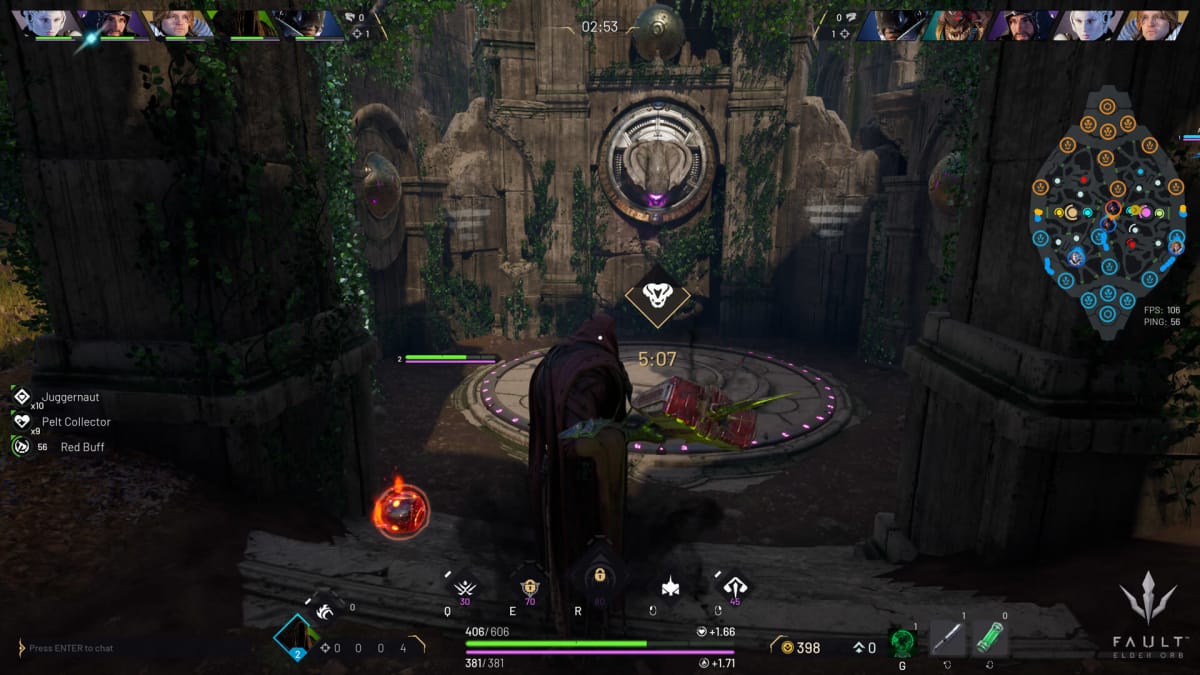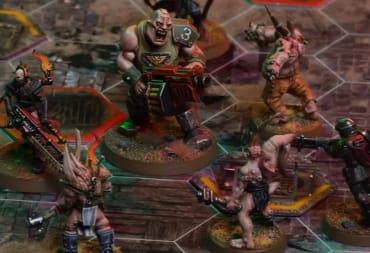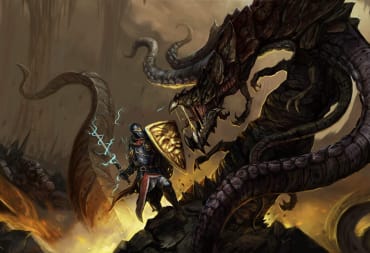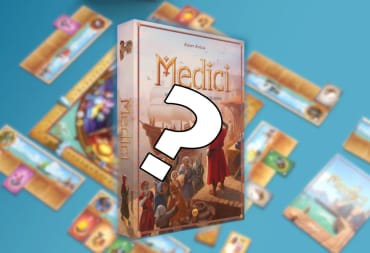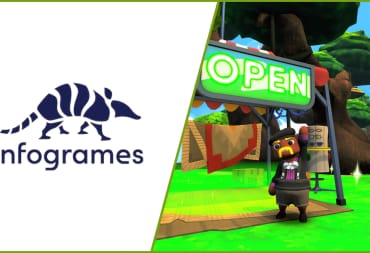Third-person MOBA Fault: Elder Orb is going free-to-play, and its new economic system includes blockchain technology. However, owing to a technicality, the game is still on Steam, despite Valve's insistence that no blockchain-based games would be allowed on the platform.
How does Fault: Elder Orb have blockchain tech and still remain on Steam?
Back in October 2021, Valve banned cryptocurrency games from Steam, with the wording specifically prohibiting "applications built on blockchain technology that issue or allow exchange of cryptocurrencies or NFTs". Despite this ban, it seems that Fault: Elder Orb, a MOBA making the free-to-play transition, is remaining on Steam. In an update detailing the changes coming to the game as a result of its free-to-play move, Fault: Elder Orb outlines its new collaboration with an organization called Pocketful of Quarters, which operates an "interoperable game token" called Quarters. This token operates on the Klaytn blockchain, and according to PoQ, it's comparable to Chuck E. Cheese tokens, which you can use for games but not for anything else. Linking your Fault: Elder Orb account to PoQ allows you to earn Quarters in the game and spend them in both Fault and other games that support them.
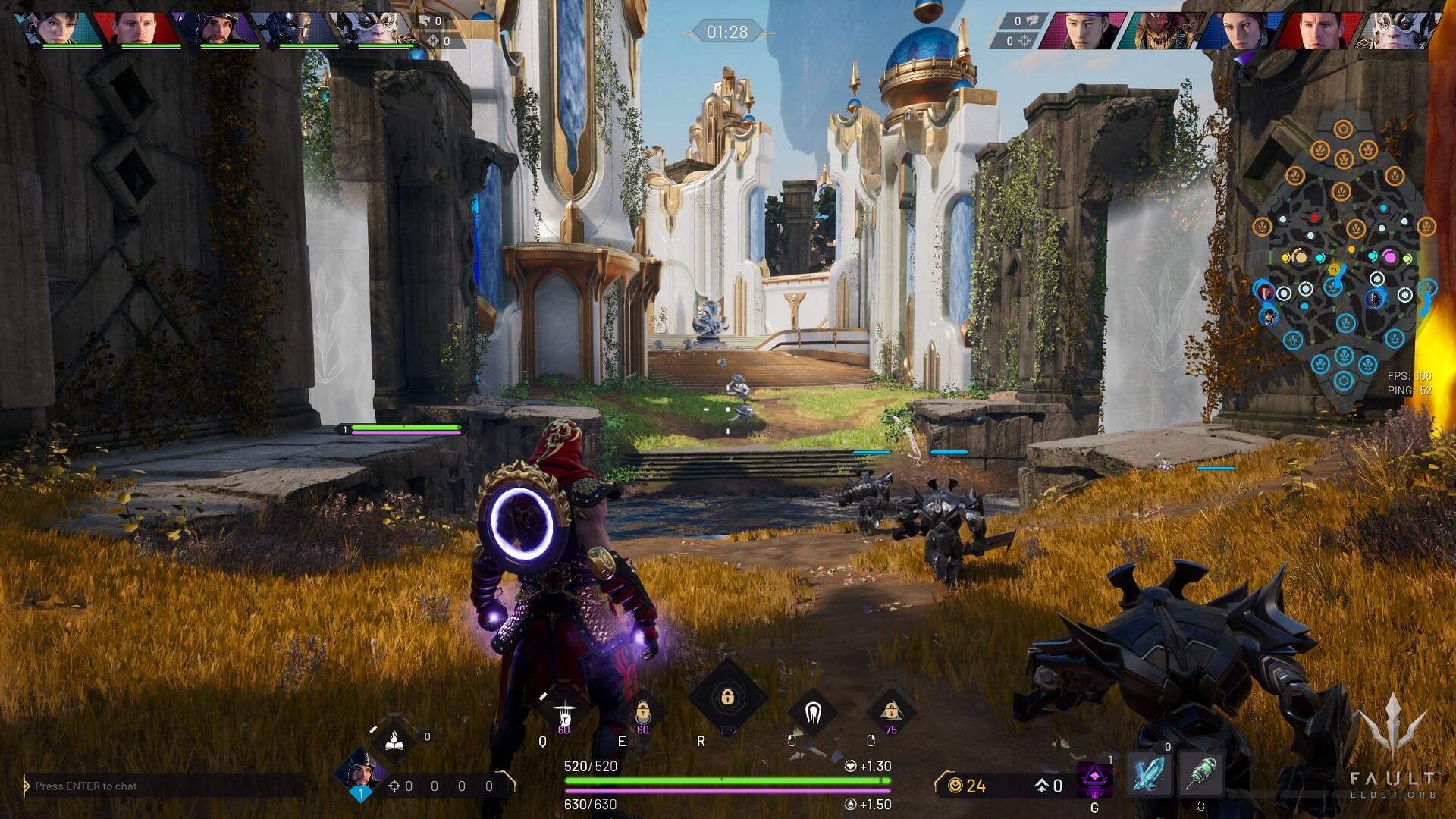
Technically, Quarters don't count as a full-blown cryptocurrency for a couple of reasons. First, Quarters themselves cannot be sold by players for real money (although they can, of course, be cashed in by developers who use the system), so Fault: Elder Orb doesn't technically allow "exchange of cryptocurrencies". Secondly, Quarters is one part of a two-part crypto system: it's the "utility token", with a separate Q2 token serving as the "investment token" that can be bought and sold for real cash. Q2 investors get a share of all Quarters sales made, so the two are linked closely, but they are technically separate currencies. All of this means that Quarters technically don't count as a cryptocurrency. They're also "completely optional", according to Strange Matter Studios, so they don't violate Valve's insistence that games not be "built on blockchain technology".
There are a couple of problems with this, though. Although the blockchain technology in Fault: Elder Orb might be optional, it is still very much there, and it's sailing dangerously close to contravening Valve's policies. There's also the fact that Quarters can be cashed out for real-world prizes like gift cards, tech, and even games consoles. Given that you can exchange Quarters for gift cards, the leap required to think of them as actual currency isn't too big. Still, the fact remains that Quarters themselves cannot technically be sold by players to one another, so they aren't strictly speaking a cryptocurrency (although their investment counterpart, Q2, certainly is). Intriguingly, though, the Github page for Quarters explicitly refers to the token as a cryptocurrency, and the whitepaper for Quarters strongly alludes to cryptocurrency status more than once. We'll just have to wait and see what Valve intends to do with Fault: Elder Orb.
Gaming and cryptocurrency often don't see eye to eye
Valve has a good reason for banning cryptocurrency-based games from Steam. Cryptocurrency is something of a dirty word in the gaming industry right now; it's led to review bombs for developers bought by crypto firms, and the monstrous ecological impact of cryptocurrency mining has set many eco-minded gamers against it (and rightfully so). NFTs, which also make up part of the Web3 world alongside cryptocurrency, have been decried by developers and damned by digital distributors alike, too. It's safe to say that while there are certainly high-profile pockets of the industry going all-in on the crypto and NFT craze, it's not something in which the vast majority of the gaming public seems to be interested right now.
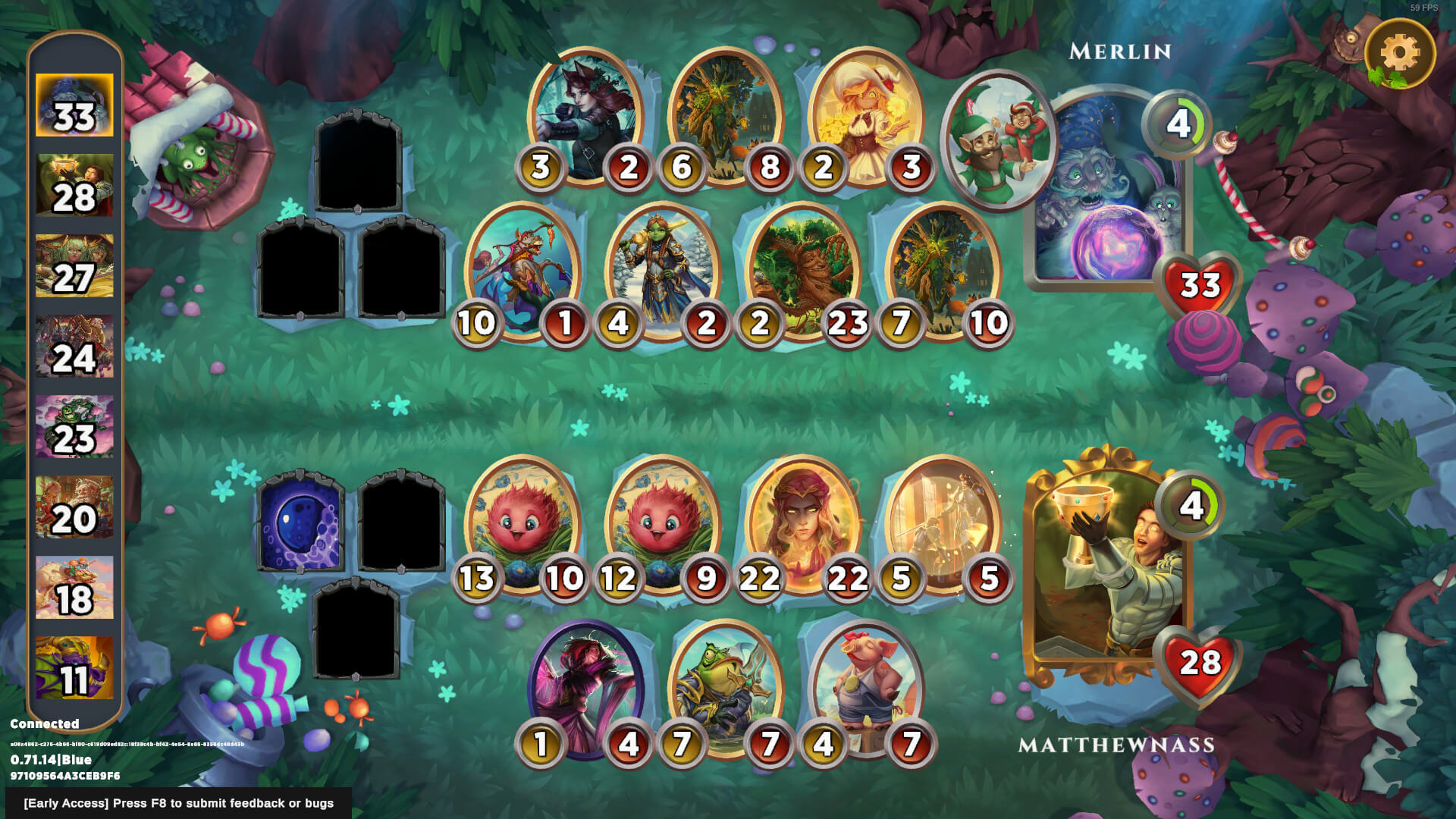
Despite the justifiable wave of hatred and cynicism aimed at NFTs and cryptocurrency, there are arguably some good uses for this technology. Recently, for instance, No Man's Sky players created a cryptocurrency that doesn't suck by running it on a test chain, ensuring that it can never actually make real money and that its value is entirely based on the players that use it. It might be tempting to think of Fault: Elder Orb's Quarters in this way too, but the presence of a separate investor token and the ability to buy real-world goods with the currency sour that somewhat.
Of course, Pocketful of Quarters is adamant it's not breaking any rules; the company told us that "Quarters are not a cryptocurrency, and as such Quarters fall under the same guidelines as any in-app currency" (although their own Github would disagree about the cryptocurrency). Fault: Elder Orb has been reviewed by Steam, as well as the Epic Games Store, and has passed review, so evidently, Valve's rules aren't being broken here (or perhaps the company just isn't looking hard enough). Valve didn't respond to our request for comment on this story.
